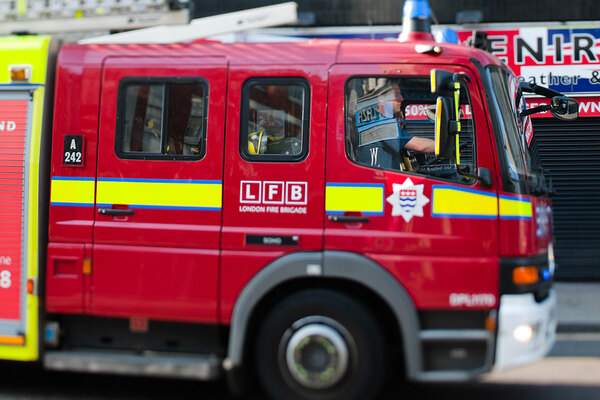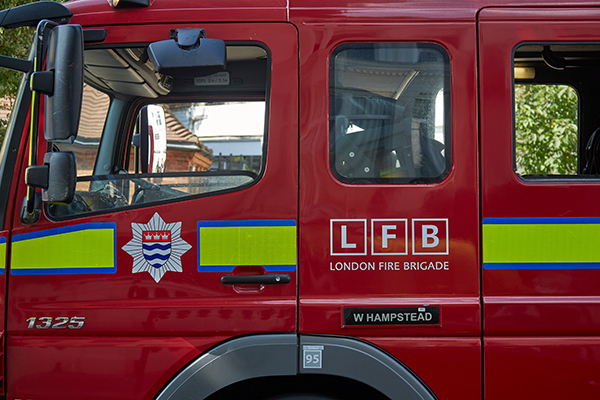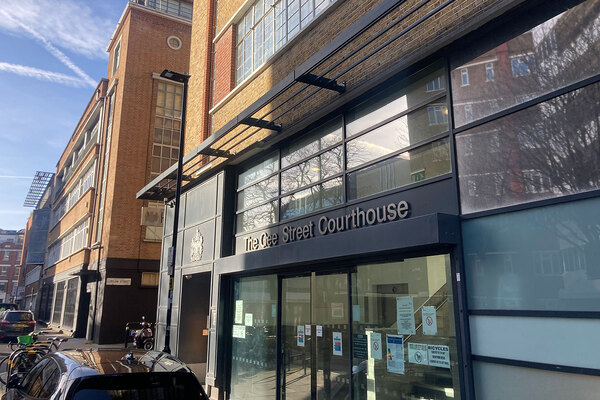You are viewing 1 of your 1 free articles
LFB ‘slow to implement’ changes after Grenfell, watchdog finds
The London Fire Brigade (LFB) has been “slow to implement” changes needed after the Grenfell fire and is “wasteful” in some areas, a watchdog has found.
Her Majesty’s Inspectorate of Constabulary and Fire & Rescue Services (HMICFRS) found that firefighters had not received training for many years and attended too many false alarms, despite response times being good.
Of 15 fire services to be inspected this year, London, Essex and Gloucestershire were the three to be rated as requiring improvement.
Matt Parr, inspector of fire and rescue services, said: “This is a disappointing report: there are too many areas where London Fire Brigade needs to make improvements.”
He said that although the brigade is good at understanding the risk of fire and other emergencies, and responds well with other emergency services to national risks, it needs to improve the way it protects the public both through fire regulation and the way it responds.
Inspectors found that the LFB is the only service in the country not to follow national operational guidelines – something that is pertinent to major disasters such as the Grenfell fire.
“We found that while the brigade has learned lessons from Grenfell, it has been slow to implement the changes needed. This is unfortunately typical of the brigade’s approach to organisational change,” Mr Parr said.
The LFB’s response times – six minutes and 39 seconds on average in 2017/18 – are “excellent”, but the report said that about 48% of its call-outs are to false alarms and that not enough is being done to reduce unnecessary call-outs.
“It is well-resourced and exceeds its own standards on response times. But its operational policies don’t reflect national operational guidance, even for risk-critical areas such as incident command. And its incident commanders and emergency drivers are not as well trained by the brigade as they should be. This is something that needs to be urgently addressed,” Mr Parr said.
The report found that some fire engine drivers had not received refresher training for up to 20 years, despite national guidance recommending that this takes place every five years.
There has been no systematic training programme for firefighters tasked with responding to terror attacks in the capital, and many frontline officers do not have suitable personal protective equipment and “lack the confidence” to respond, the report found.
Mr Parr added that there is “a long way to go” before the LFB is as efficient as it can be. While it has made savings, it is wasteful in some areas, the review found.
The LFB saw the report six weeks ago and commissioner Dany Cotton stood down earlier than had been planned. Last week it was announced that she would be replaced by Andy Roe, who will take up the role on 1 January.










